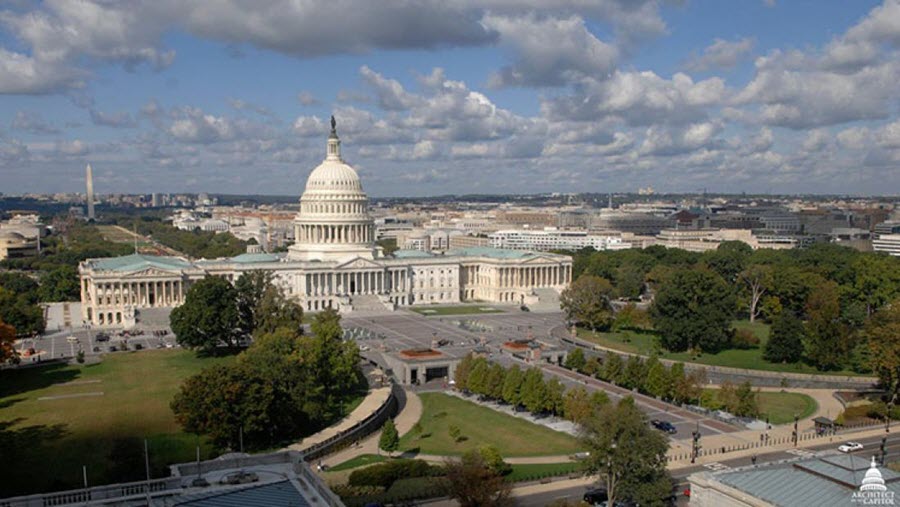Bipartisan, Shmipartisan: Net Neutrality Camps Remain Far Apart

The smarter way to stay on top of the multichannel video marketplace. Sign up below.
You are now subscribed
Your newsletter sign-up was successful
Just how far apart the net neutrality camps remain was in evidence in the written testimony for a March 12 hearing on network neutrality legislation.
Robert McDowell, who had an inside-the-ropes seat for the legal and regulatory pendulum swings of net neutrality as a Republican FCC commissioner, did not even mention the Democrat-backed bill that prompted the legislative hearing, saying that a good starting point would be the internet openness principles adopted under former FCC chairman Kevin Martin--though McDowell doesn't think any rules are needed--while Matt Wood of Free Press, a big fan of Title II-backed rules, talked at length in support of the bill and its reimposition of that classification.
That bill, HR 1644, the Save the Internet Act, would essentially restore the Title II-based rules McDowell thinks aren't needed, and definitely not under Title II.
Related: Witnesses Set for Net Neutrality Hearing
"The only path to that goal of meaningful, positive and constructive public policy for the Internet–a law that will last beyond election cycles of two to four to eight years–is through finding that reasonable majority that offers a win-win-win scenario for all who build and are affected by the Internet," said McDowell, currently a senior fellow at the Hudson Institute. "Without a large bipartisan majority, any legislative effort is largely symbolic."
And while he did not mention the Title II-based Democratic effort, which also includes the 2015 Open Internet order's "general conduct standard" that McDowell and others see as an overbroad license to regulate that could chill innovation and investment," it is clear the Save the Internet Act would fall into that category.
Matt Wood VP and general counsel of Free Press Action Fund, hardly finished identifying himself before he talked of Free Press' full support for HR 1644.
The smarter way to stay on top of the multichannel video marketplace. Sign up below.
He talked of its 132 co-sponsors in the House, pointed out that it had been four years to the day since the 2015 Open Internet Order was released, and said the bill would "clearly and concisely" restore that order's provisions. He said that restoring the general conduct standard was also critical.
But most important, he said, was the bill's "fixing in place" the classification of internet access as a Title II telecommunications service. He conceded that "may" cause the most debate, which may be a bit of an understatement.
Despite talk from both camps that Congress probably needs to weigh in to clarify the government's net neutrality authority, a solution seems as far away as ever.
Contributing editor John Eggerton has been an editor and/or writer on media regulation, legislation and policy for over four decades, including covering the FCC, FTC, Congress, the major media trade associations, and the federal courts. In addition to Multichannel News and Broadcasting + Cable, his work has appeared in Radio World, TV Technology, TV Fax, This Week in Consumer Electronics, Variety and the Encyclopedia Britannica.

